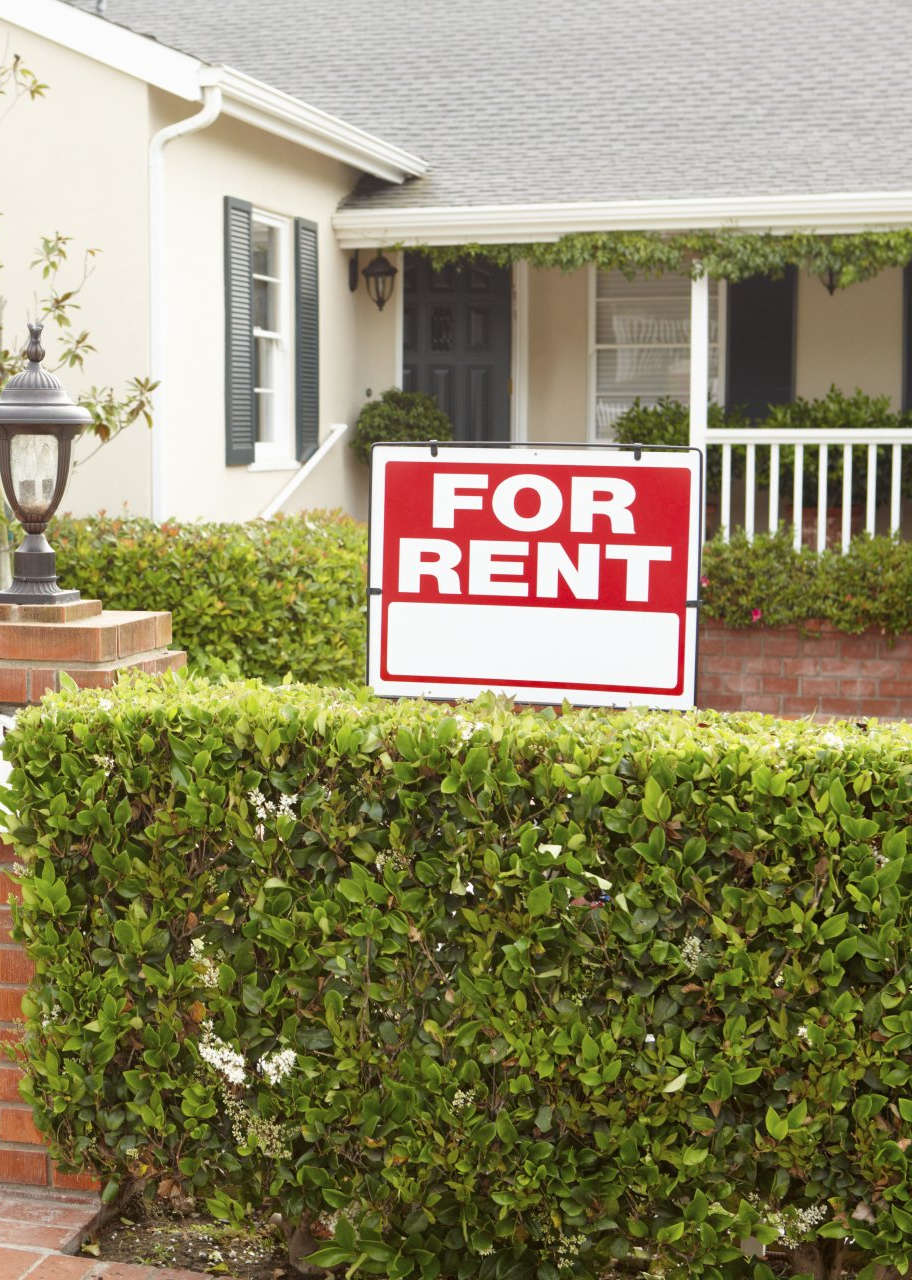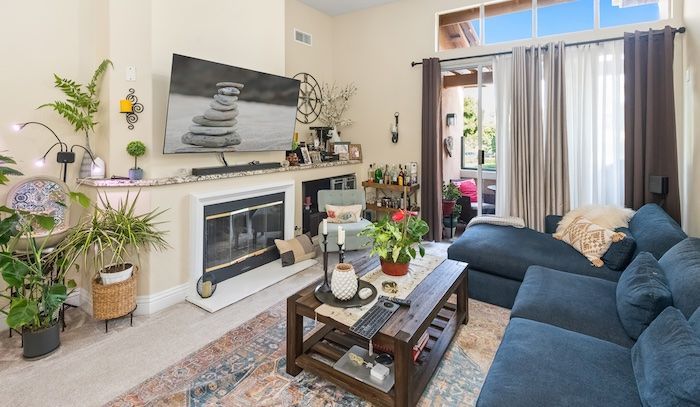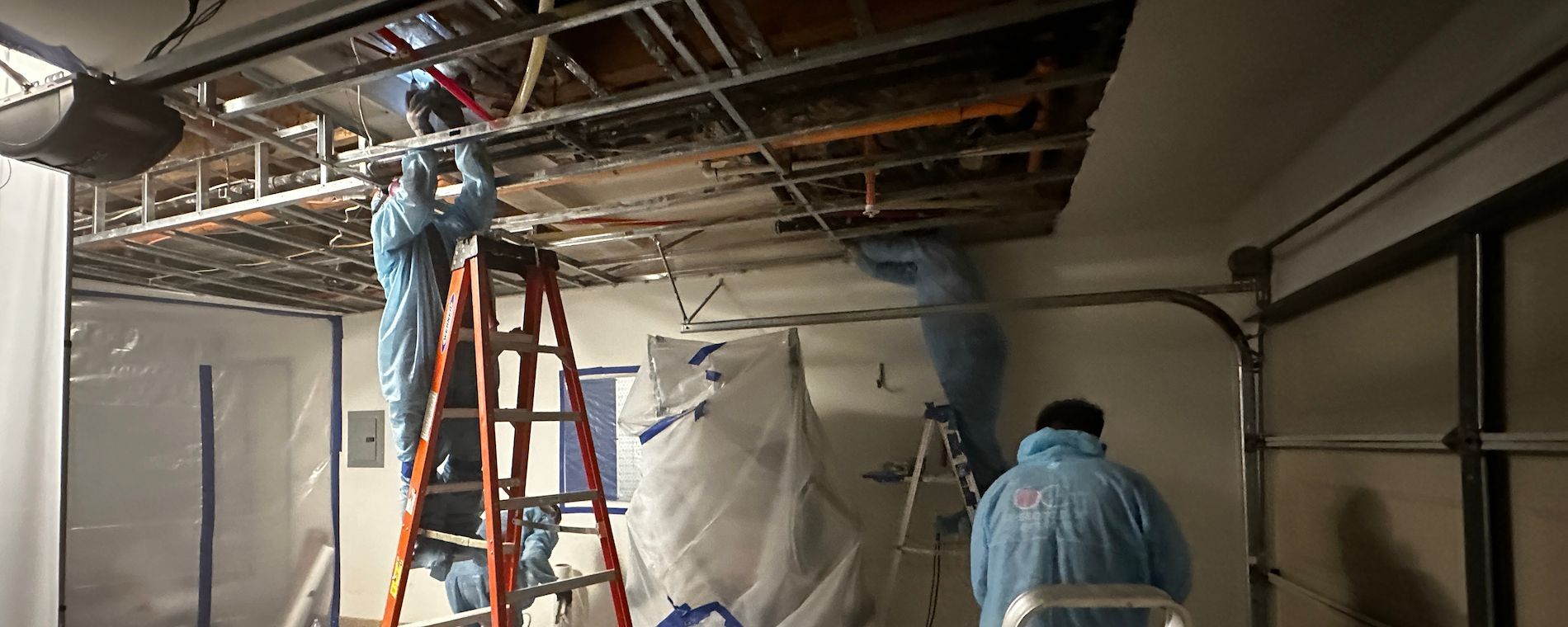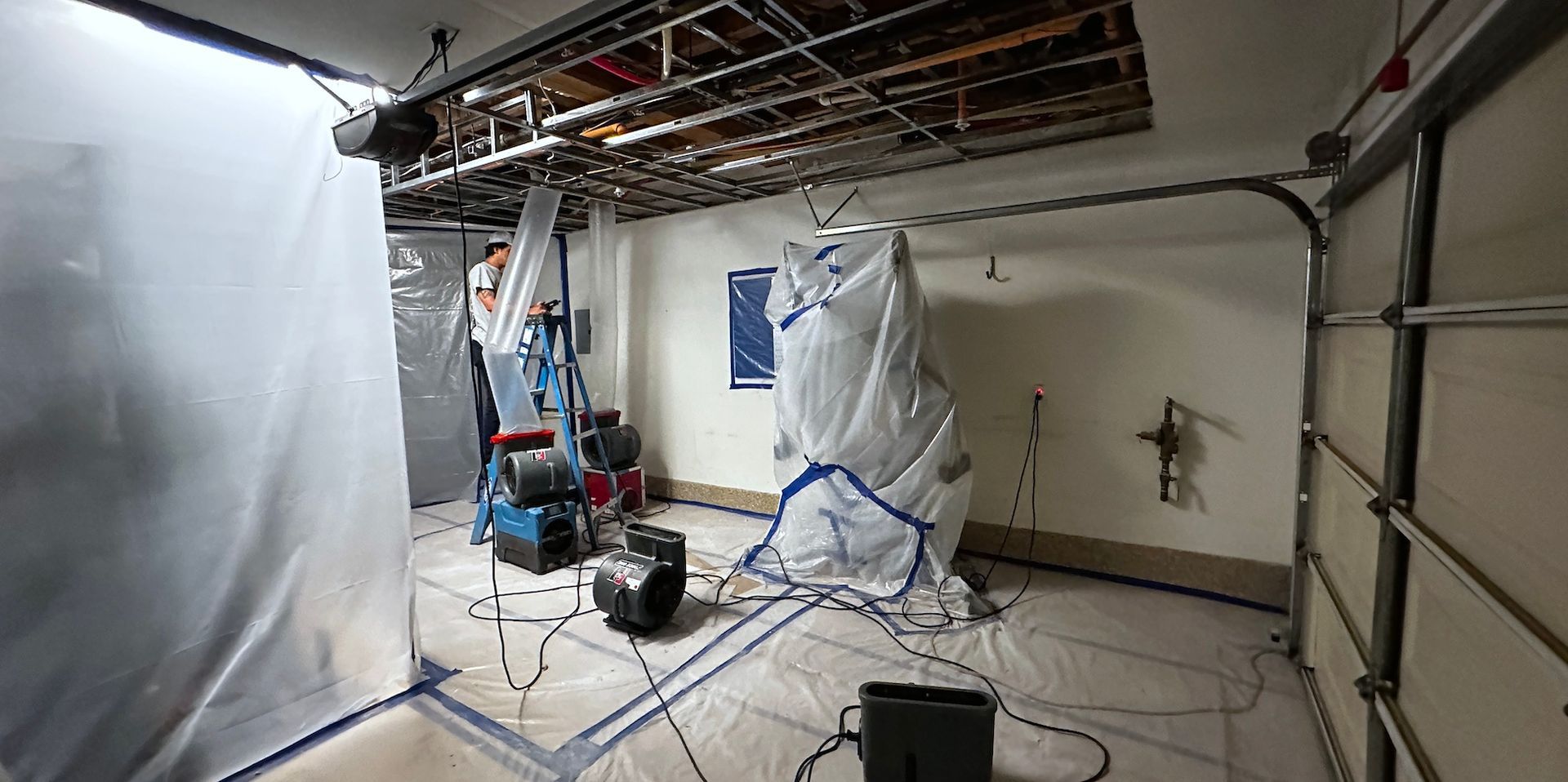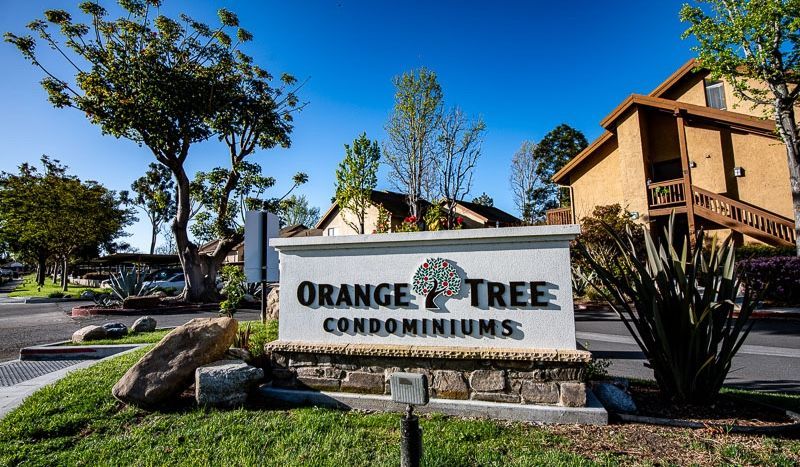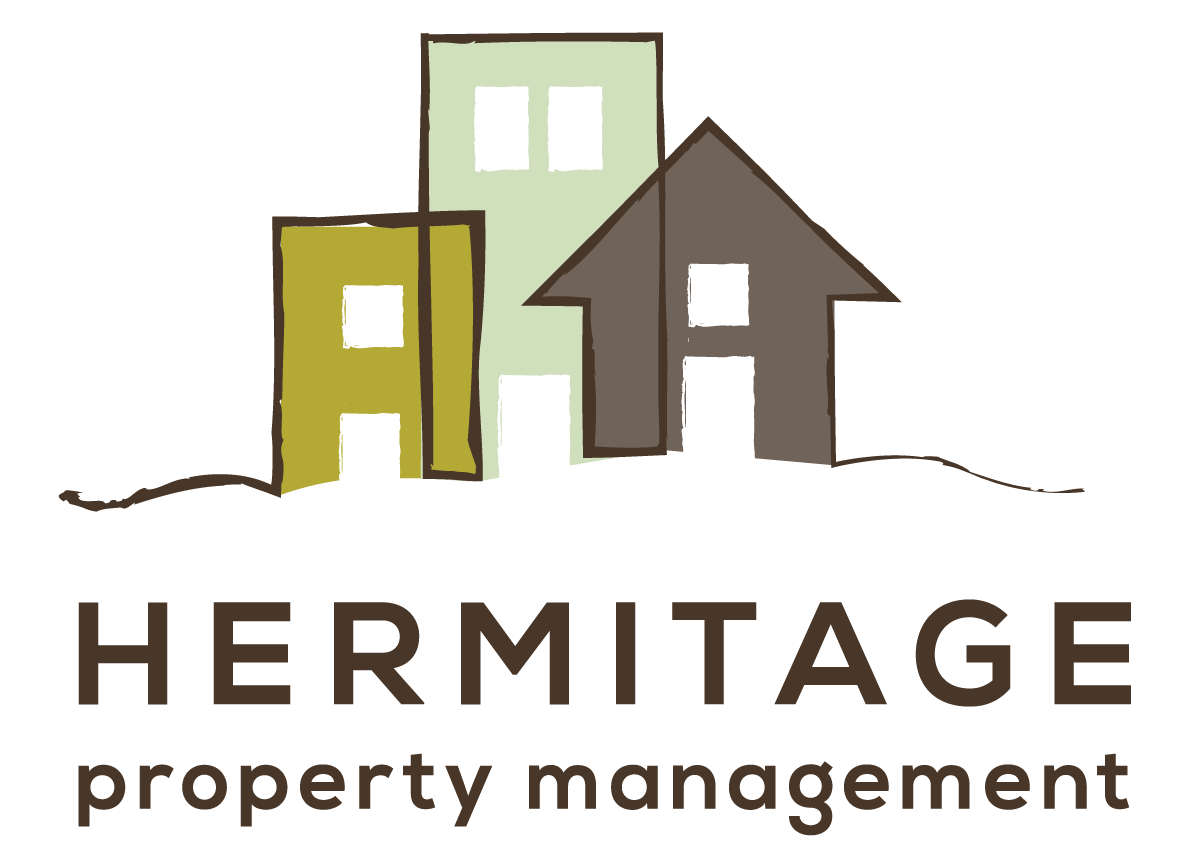Why hire a property Manager
The number one job for a professional property manager is to ensure that their client/investor is receiving the maximizing income from their rental property.

The number one job for a professional property manager is to ensure that a client/investor’s rental properties are not only well-maintained but are sources of profit for their owners. Maximizing rental income, minimizing vacancies, efficiently handling rent collection and controlling expense are key aspects of the job of a property manager and can directly impact an investor client’s return on investment (ROI). Here are some areas where this is most important:
Maximizing Rental Income:
**Market Analysis**: A property manager’s experience and knowledge of not only a community, but the neighborhood where the rental property is located should inform a PMs decision in determining an accurate monthly rent. A good property manager should not only conduct thorough market research to understand the current rental rates in the area, they should consider factors such as location, amenities, property condition and the current “active” competition to determine the fair market rent. Additionally, a good property manager should have their finger on the pulse of macro-economic trends and adjust rental rates accordingly to get the best results.
**Property Upgrades**: Your property manager should also identify areas for improvement within the property that can justify higher rental rates or attract better quality tenants. For example, upgrades such as modern appliances, renovated interiors such as in the kitchen or bathroom and improvements to the landscaping for curb-appeal can attract tenants willing to pay premium rents.
**Property Quality**: You only have one chance at a good first impression, so the quality of your rental property during viewing phase is vital to attract and keep good tenants - and keeping good tenants is the best way to maximize your ROI. Your property manager should ensure that your rental property is in the best condition possible for the showing phase of the rental process. Quality attracts quality, so a rental property should look like a home that has “never been lived in”; fresh paint, new or like-new flooring and cleanliness are critical components.
**Proactive Marketing**: a good property manager should utilize various marketing channels to reach potential tenants, including online listings, social media, and real estate platforms. Each channel should highlight the unique features of the property and emphasize its value proposition to attract interest.
**Responsive Communication**: Promptly responding to inquiries from prospective tenants and efficiently scheduling property viewings sets a good course for the relationship between your property manager and your prospective tenants. Clear communication and accessibility can expedite the leasing process and minimize vacancies.
**Tenant Screening**: Implementation of a rigorous tenant screening process is vital to ensure that you are leasing to reliable tenants with good credit history and rental references. Quality tenants are often willing to pay higher rents to secure well-maintained properties and responsive leasing and property management efforts play a key role as well.
Tenant Retention:
**Prompt and Proactive Tenant communications**: To retain existing tenants, your property manager should strive to build positive relationships with them by addressing their requests or concerns promptly. This doesn’t mean giving in to tenant requests however. The most important aspect of good tenant communications are clear and open lines of communications and hearing and replying to all inquiries in a prompt and proactive manner. Sending timely reminders to tenants regarding upcoming rent payments and providing multiple payment reminders through email, text messages, or notifications are helpful. Proactive communication can prevent missed payments and late fees. Superior tenant satisfaction reduces turnover.
**Clear and fair Lease Renewal Strategy**: A good property manager should have a proactive, transparent lease renewal strategy that is objective and reflects real world economics. Nothing will run off quality tenants like arbitrary or unreasonable rent increases.
**Flexible Lease Terms**: Offering flexible lease terms, such as shorter lease durations or month-to-month tenancy to accommodate tenants' needs can help. This flexibility can attract tenants who may be hesitant to commit to long-term leases, reducing the risk of vacancies. However, a good property manager should be mindful of the seasonality of the rental market and avoid vacancies during low-demand periods.
**Online Payment Systems**: Your property manager should iImplement online rent payment systems to streamline the rent collection process. Offering convenient payment options such as credit/debit cards or automated bank transfers can encourage timely rent payments from tenants.
**Clear Rent Policies**: Establish clear rent policies and deadlines, outlining consequences for late payments is also important. Consistent, clear-cut enforcement of rent policies promotes accountability among tenants and reduces instances of delinquency.
**Enforcement Measures**: Develop protocols for handling delinquent rent payments, including escalation procedures and legal recourse if necessary. Prompt action in addressing overdue payments demonstrates the property management's commitment to enforcing lease agreements.
By optimizing rental rates, minimizing vacancies, handling rent collection efficiently and by encouraging high quality, proactive tenant communications with a focus on tenant satisfaction, property managers play a crucial role in enhancing an owner/investor’s Return on Investment and can drive profitability and long-term success for rental properties.


